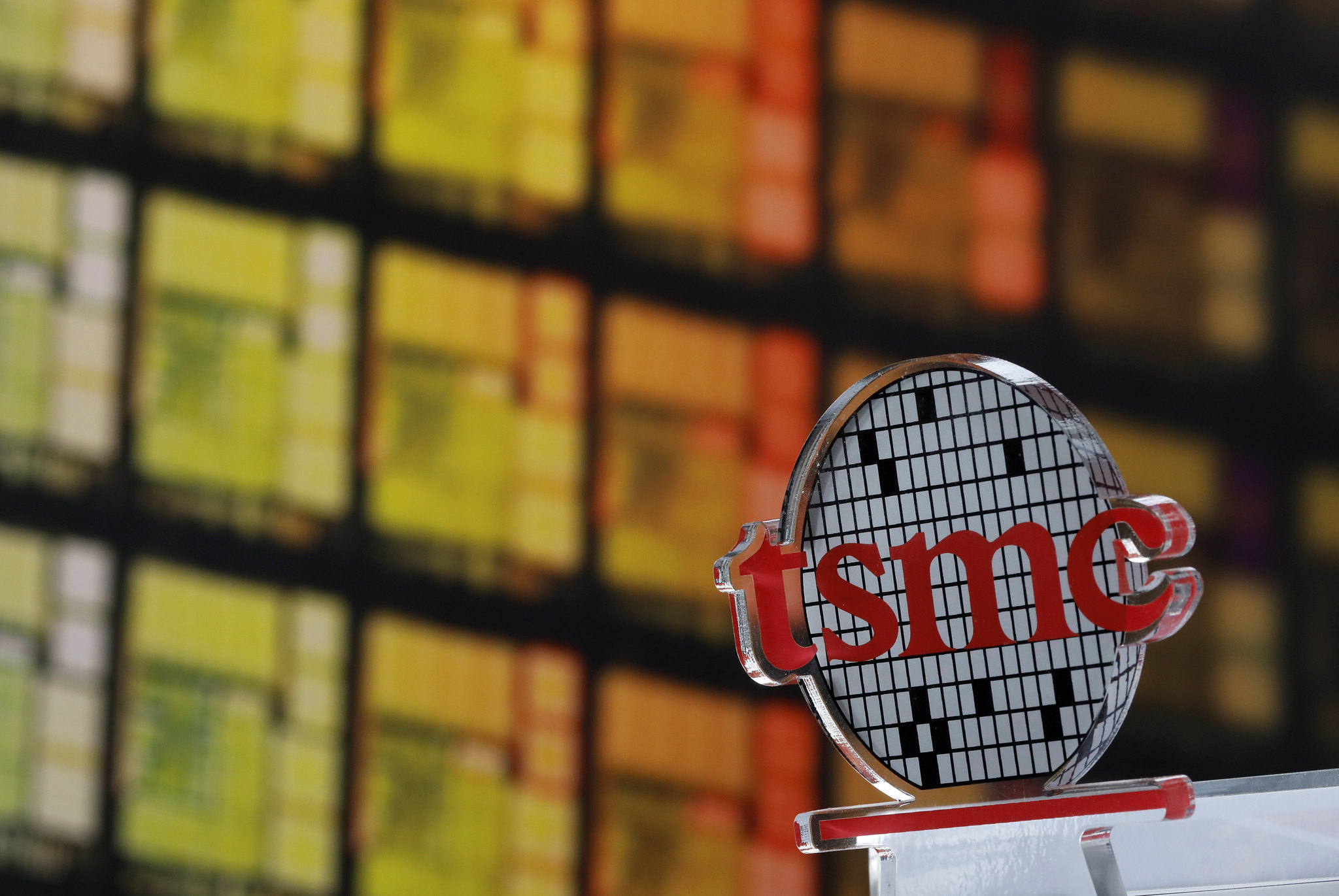ASML and TSMC have a kill switch that can remotely disable chipmaking machines if China invades Taiwan, raising global concerns over the semiconductor industry's vulnerabilities.
Global Concerns Rise as ASML and TSMC Prepare Remote Shutdowns Amid Potential Chinese Action Against Taiwan
In a recent report by Business Insider, International concern over potential Chinese action against Taiwan, a significant producer of advanced semiconductors, has led to quiet discussions between US officials and their Dutch and Taiwanese counterparts. ASML, a Dutch company, has informed Dutch officials that they can remotely disable their machines if necessary. The Netherlands has even conducted simulations to estimate the potential dangers.
The remote shutdown capability affects ASML's extreme ultraviolet (EUV) machines, which is crucial for TSMC's operations. These machines are the backbone of producing sophisticated microchips used in AI and military applications. ASML, the sole manufacturer of this equipment, has been under pressure from the US, leading to a ban on sales to China. The semiconductor industry's vulnerability to geopolitical tensions is a cause for concern.
China claims Taiwan as its territory and has not ruled out military action. Taiwanese leaders have downplayed the threat despite US warnings of a possible invasion by 2027. Meanwhile, China has prioritized technological self-sufficiency, with Huawei manufacturing modern smartphones on older ASML printers.
ASML's EUV Machines' Shutdown Could Disrupt Global Semiconductor Industry, Warns TSMC Chairman
ASML's EUV machines, which have helped it become Europe's most valuable technology corporation, are crucial in producing advanced semiconductors. With a market capitalization of more than $370 billion, ASML has exported over 200 EUV equipment outside China, with TSMC being the primary customer. According to a source, the potential shutdown of these machines could profoundly impact the global semiconductor industry.
EUV machines require regular maintenance, and without ASML spare parts, they quickly become inoperable. ASML offers shared service contracts, which allow clients such as TSMC to undertake some maintenance but claims it cannot access customers' private data.
In a stark admission, TSMC chairman Mark Liu has acknowledged the vulnerability of their operations in the event of a military invasion. He stated that their chipmaking machines, crucial for producing advanced semiconductors, would be rendered inoperable. With its far-reaching implications, this potential disruption underscores the gravity of the situation for the global semiconductor industry.
"Nobody can control TSMC by force," TSMC chairman Mark Liu asserted. "If there is a military invasion, it will render TSMC factory non-operable." This stark statement underlines the potential consequences of a military invasion on the semiconductor industry, a scenario that could have profound and far-reaching implications.



 Nvidia Confirms Major OpenAI Investment Amid AI Funding Race
Nvidia Confirms Major OpenAI Investment Amid AI Funding Race  Jensen Huang Urges Taiwan Suppliers to Boost AI Chip Production Amid Surging Demand
Jensen Huang Urges Taiwan Suppliers to Boost AI Chip Production Amid Surging Demand  Nintendo Shares Slide After Earnings Miss Raises Switch 2 Margin Concerns
Nintendo Shares Slide After Earnings Miss Raises Switch 2 Margin Concerns  SoftBank and Intel Partner to Develop Next-Generation Memory Chips for AI Data Centers
SoftBank and Intel Partner to Develop Next-Generation Memory Chips for AI Data Centers  SpaceX Reports $8 Billion Profit as IPO Plans and Starlink Growth Fuel Valuation Buzz
SpaceX Reports $8 Billion Profit as IPO Plans and Starlink Growth Fuel Valuation Buzz  SoftBank Shares Slide After Arm Earnings Miss Fuels Tech Stock Sell-Off
SoftBank Shares Slide After Arm Earnings Miss Fuels Tech Stock Sell-Off  Google Cloud and Liberty Global Forge Strategic AI Partnership to Transform European Telecom Services
Google Cloud and Liberty Global Forge Strategic AI Partnership to Transform European Telecom Services  Baidu Approves $5 Billion Share Buyback and Plans First-Ever Dividend in 2026
Baidu Approves $5 Billion Share Buyback and Plans First-Ever Dividend in 2026  Sam Altman Reaffirms OpenAI’s Long-Term Commitment to NVIDIA Amid Chip Report
Sam Altman Reaffirms OpenAI’s Long-Term Commitment to NVIDIA Amid Chip Report  Anthropic Eyes $350 Billion Valuation as AI Funding and Share Sale Accelerate
Anthropic Eyes $350 Billion Valuation as AI Funding and Share Sale Accelerate  Palantir Stock Jumps After Strong Q4 Earnings Beat and Upbeat 2026 Revenue Forecast
Palantir Stock Jumps After Strong Q4 Earnings Beat and Upbeat 2026 Revenue Forecast  Tencent Shares Slide After WeChat Restricts YuanBao AI Promotional Links
Tencent Shares Slide After WeChat Restricts YuanBao AI Promotional Links  Amazon Stock Rebounds After Earnings as $200B Capex Plan Sparks AI Spending Debate
Amazon Stock Rebounds After Earnings as $200B Capex Plan Sparks AI Spending Debate  Oracle Plans $45–$50 Billion Funding Push in 2026 to Expand Cloud and AI Infrastructure
Oracle Plans $45–$50 Billion Funding Push in 2026 to Expand Cloud and AI Infrastructure  Elon Musk’s SpaceX Acquires xAI in Historic Deal Uniting Space and Artificial Intelligence
Elon Musk’s SpaceX Acquires xAI in Historic Deal Uniting Space and Artificial Intelligence  Global PC Makers Eye Chinese Memory Chip Suppliers Amid Ongoing Supply Crunch
Global PC Makers Eye Chinese Memory Chip Suppliers Amid Ongoing Supply Crunch  TSMC Eyes 3nm Chip Production in Japan with $17 Billion Kumamoto Investment
TSMC Eyes 3nm Chip Production in Japan with $17 Billion Kumamoto Investment 





























